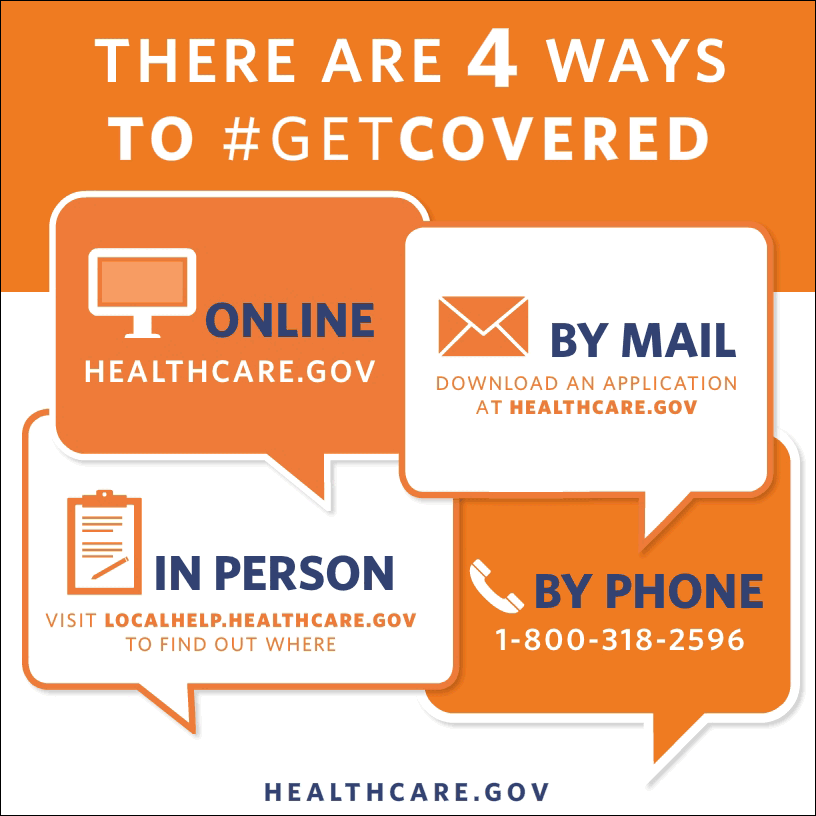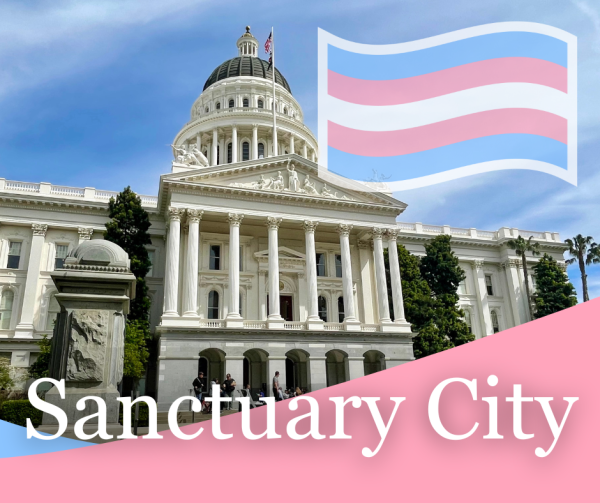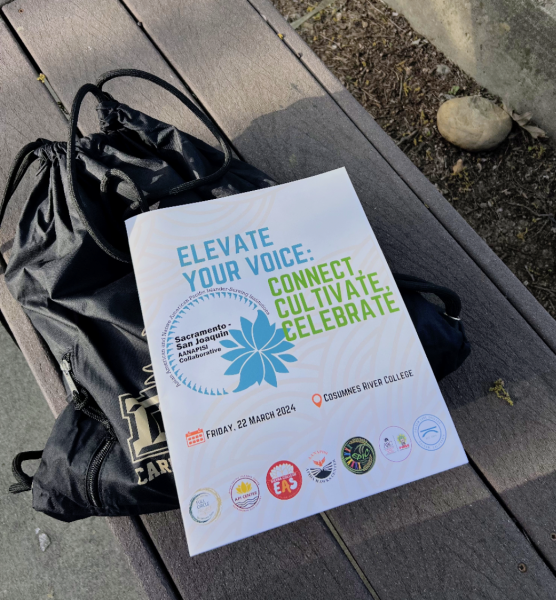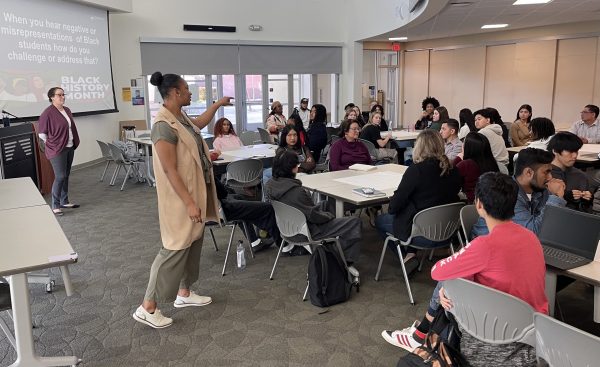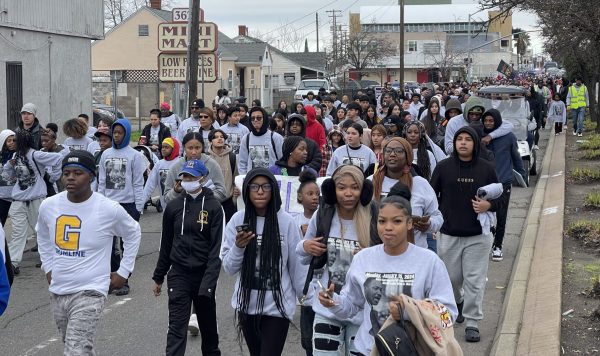Health care deadline passes, students have mixed reactions
For six months, Americans have heard about The Affordable Care Act almost constantly, and as the cut-off date for enrollment in the program came at midnight on March 31, they heard about it even more.
The program, dubbed “Obamacare” by the media and opponents of the program, was aimed to give as many people health insurance as possible and started enrollment on Oct. 1, 2013, but has faced some trouble during its six month enrollment period.
Skeptical political rivals and an abundance of technical difficulties were just a few issues at hand, but the numbers are in and The ACA is being considered a success, according to an article from The Washington Post.
“Six months ago today, a big part of the Affordable Care Act kicked in as healthcare.gov and state insurance marketplaces went live,” said President Barak Obama in an address from the White House on April 1. “And millions of Americans finally had the same chance to buy quality, affordable health care — and the peace of mind that comes with it — as everybody else.”
More than 7 million American citizens now have health care insurance, according to the White House.
Health coverage is a vital part of life in today’s world, and America’s college students who may not have qualified before, now have access to an affordable plan or the ability to stay on their parents insurance if they are under the age of 26.
However, many students at Cosumnes River College did not actively partake in the success of the act.
Brianna Renner, 18, an English major said she did not sign up.
“I didn’t need it, I have insurance through my Grandparents because they worked for the state,” she said.
Others, like Zainab Khan, a 19-year-old child psychology major, said they were not sure if they signed up or not.
“I think my parents did. I think they’re in the process of filing the papers and stuff,” Khan said.
Renner said she wondered why the enrollment period wasn’t longer and how that would affect those who did not get a chance to sign up.
“I definitely think it should still be going if they can,” she said.
It is possible that the ACA will continue to be surrounded by controversy in the upcoming months, because some people who did not sign up will possibly be subject to a federal fine.
The fine is 1 percent of an individual’s income for 2014, or $95, whichever is more and the fines will go up , according to an article from TIME Magazine.
For example, if someone does not sign up in 2015, they could be subject to a 2 percent fine or $325, and in 2016 a 3 percent fine or $695,however there are exemptions on who will have to pay, like undocumented immigrants or someone whose religious beliefs are against health care, according to the same TIME article.
There are other exemptions and stipulations that come with either paying or not paying the penalty fees.
A single adult with household income below $19,650 would pay the flat $95 penalty while a single adult with household income above that amount would pay based on the 1 percent penalty rate but if income is below $10,150 there is no penalty upon the individual, according to the healthcare.gov.
The healthcare.gov website states that if an individual is uninsured for just a part of the year then only one-twelfth of the penalty applies to each month they were uninsured and if an individual is uninsured for less than three months, they don’t have to pay at all.
Any fees that might be extracted will be taken out of an individuals 2014 tax return which they will file in 2015, according to healthcare.gov.
Student views on possible outcomes for those who did not sign up were mixed.
“If it’s going to be a benefit, it might be [good] yeah,” said Yoosuf Shafi, 19, a computer science major. “Because it’s cheaper, that’s what I heard. But, I think they need to stop putting an end date like March 31st on that.”
Renner had slightly different views.
“I don’t know because some people take advantage of things like that so I feel like that would bring attention in a bad way, but then other people who need it, it would be good for them,” Renner said.
Khan’s views reflected some of the controversy the act faced, but remained optimistic.
“I think it could have a positive effect if they stop canceling the other insurance [plans] that are out there,” she said.
For any that does missed the March 31st deadline for enrollment, there is still a chance to get covered through special enrollment periods in the future or if an application was started before the deadline. For more information visit www.healthcare.gov.

